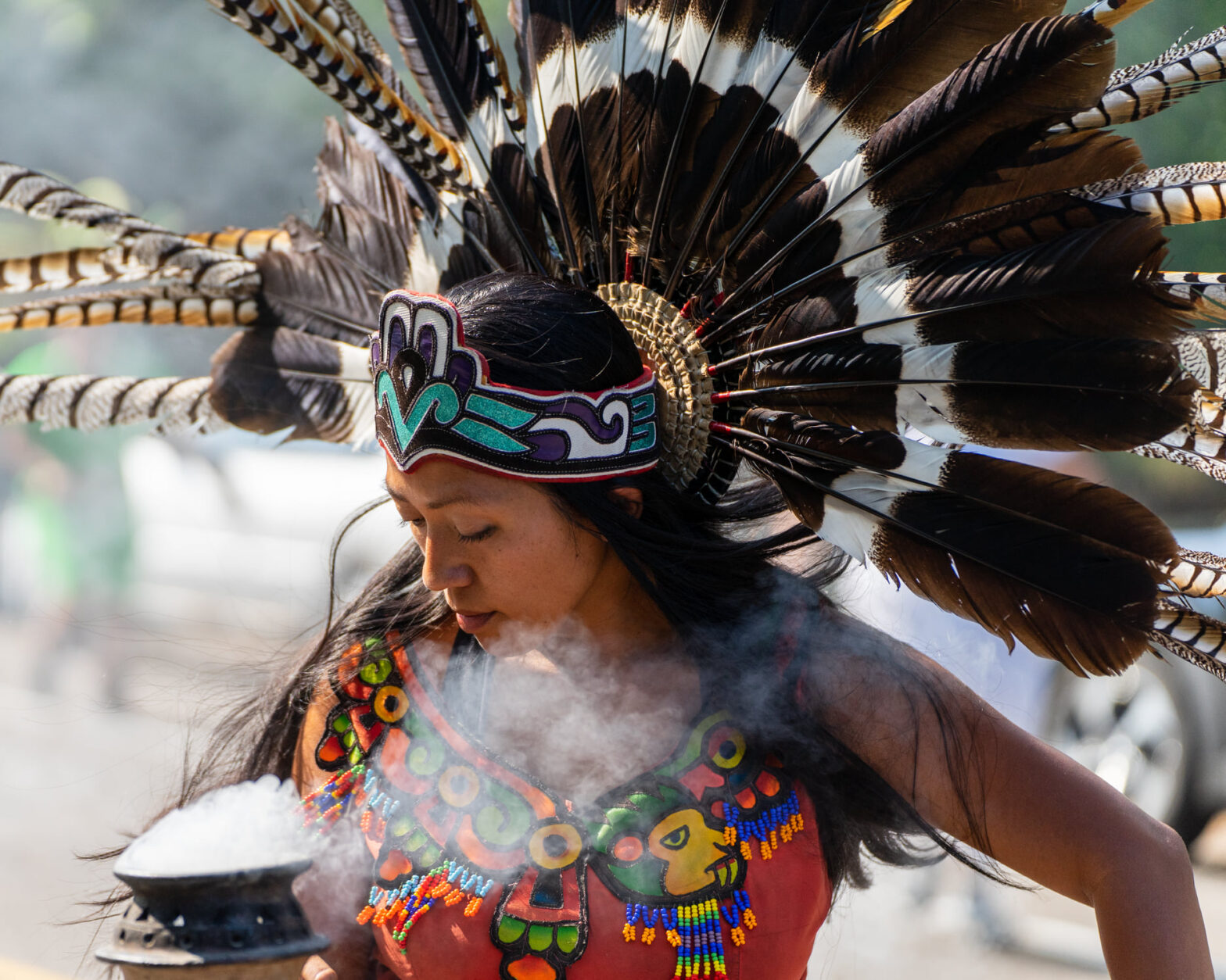Tiffany Bui
After years of trying to raise attention for missing and murdered Indigenous women, advocates have scored a key win.
This past legislative session, Minnesota lawmakers allocated $500,000 for the Missing and Murdered Indigenous Relatives Office, which will focus not just on women and girls, but men, boys and the Two Spirit community.
The move comes after the state’s Missing and Murdered Indigenous Women task force released its report in December 2020, which named the creation of the office as the top priority. For Senator Mary Kunesh, it was important to ensure their findings wouldn’t “sit on a shelf and gather dust.”
“If there is legislation that needs to be done in order to address any of these issues … we can do it easier and quicker through the task force or through the permanent office,” Kunesh said. “And so it’s all about accountability, and the ability to do the work that needs to be done.”
Simply understanding the true scope of the problem is among the office’s bevy of priorities.
Data collection on missing Indigenous people is often scattered or incomplete, and may incorrectly identify a Native person’s race, according to the task force report. Government efforts to comprehensively track missing and murdered Indigenous people have historically been sparse. Instead, researchers must piece together information about missing persons from a variety of state and national databases.
To address this issue, Kunesh said the new office will create a data dashboard that draws from multiple sources. With a more complete overview, the office could track what impact new programs and systemic changes have on missing persons statistics, she said.
The office will also investigate cold cases and explore ways to prevent disappearances and murders in the Indigenous community. According to the report, Indigenous women and girls make up about 1% of Minnesota’s population but represented 8% of women and girls who were murdered between 2010 and 2018.
The report identifies colonization, historical trauma, racism and the sexual objectification of Indigenous women and girls as the root cause of the issue. This leads to factors that put Indigenous women and girls at higher risk, such as poverty, a lack of affordable housing, prostitutions and trafficking.
When Indigenous people go missing, their families face numerous systemic barriers to getting attention on the case, such as miscommunication between various government authorities and inadequate police response.
“There’s hardly a Native folk that doesn’t have a story to tell of a loved one or a friend that went missing or was murdered and there just was not closure or healing for the individuals, for the families and for the community,” Kunesh said.
She said Black community members face a similar injustice in Minnesota. A Centers for Disease Control study reported that the homicide rate was about four per 100,000 for both Black and American Indian women. The overall rate for all women was two per 100,000.
In response, Rep. Ruth Richardson and Kunesh secured $150,000 for a second task force, one focused on Missing and Murdered African American Women.
“The MMIW Task Force had the outcome that I was hoping for, in a rippling effect for other studies and other task forces that we can create in order to address more of these violences against our whole community,” Kunesh said.
Photo Credit: Brad Sigal
Subscribe to hear Daily Updates in your podcast feed
- Potter Found Guilty in Death of Daunte WrightAfter three days of deliberation a jury found former Brooklyn Center police officer Kimberly Potter guilty of two counts of manslaughter in the death of Daunte Wright. Feven Gerezgiher reports
- Potter Jury Continues DeliberationsAs jury deliberation continues in the Kim Potter trial, many are evaluating the state of racial justice in Minnesota. We talk to former Hennepin County Chief Public Defender Mary Moriarty. Chioma Uwagwu reports
- Kim Potters’ TearsKim Potter’s crying in court is more than an expression of remorse; it’s part of a history of white women weaponizing their tears against people of color. Tiffany Bui reports.
- Jury Deliberations Underway in Potter TrialThe state’s prosecution and the defense made their closing arguments Monday. Georgia Fort reports.





